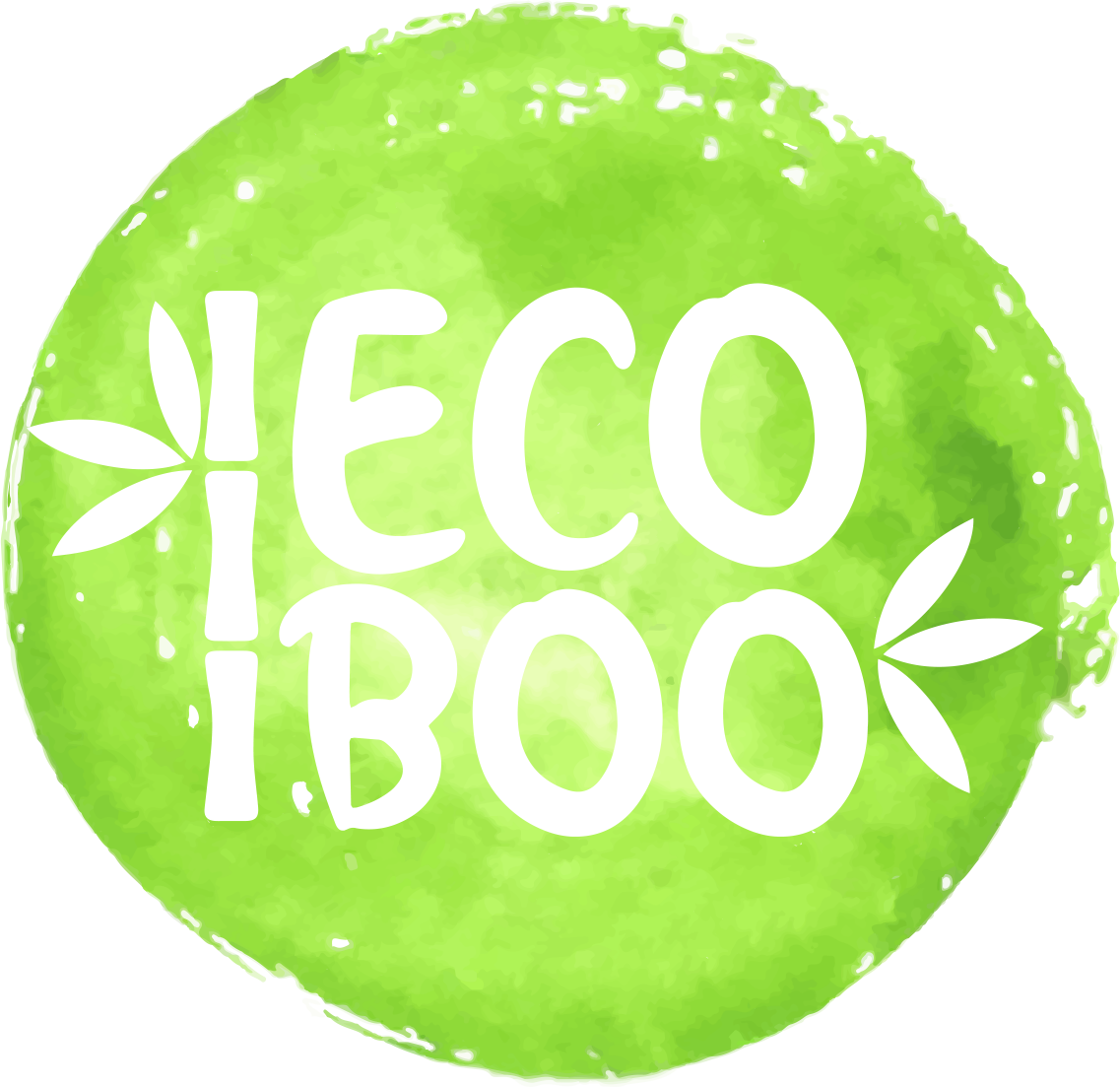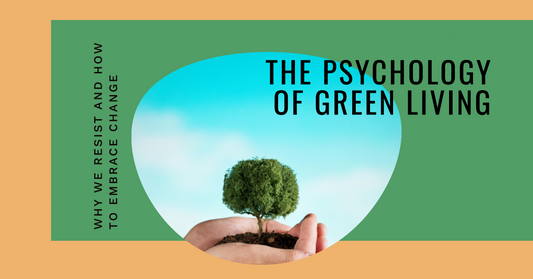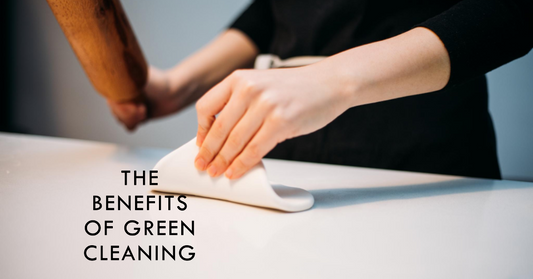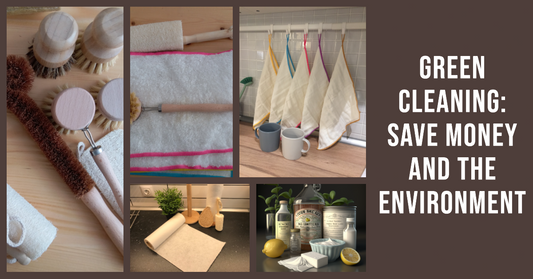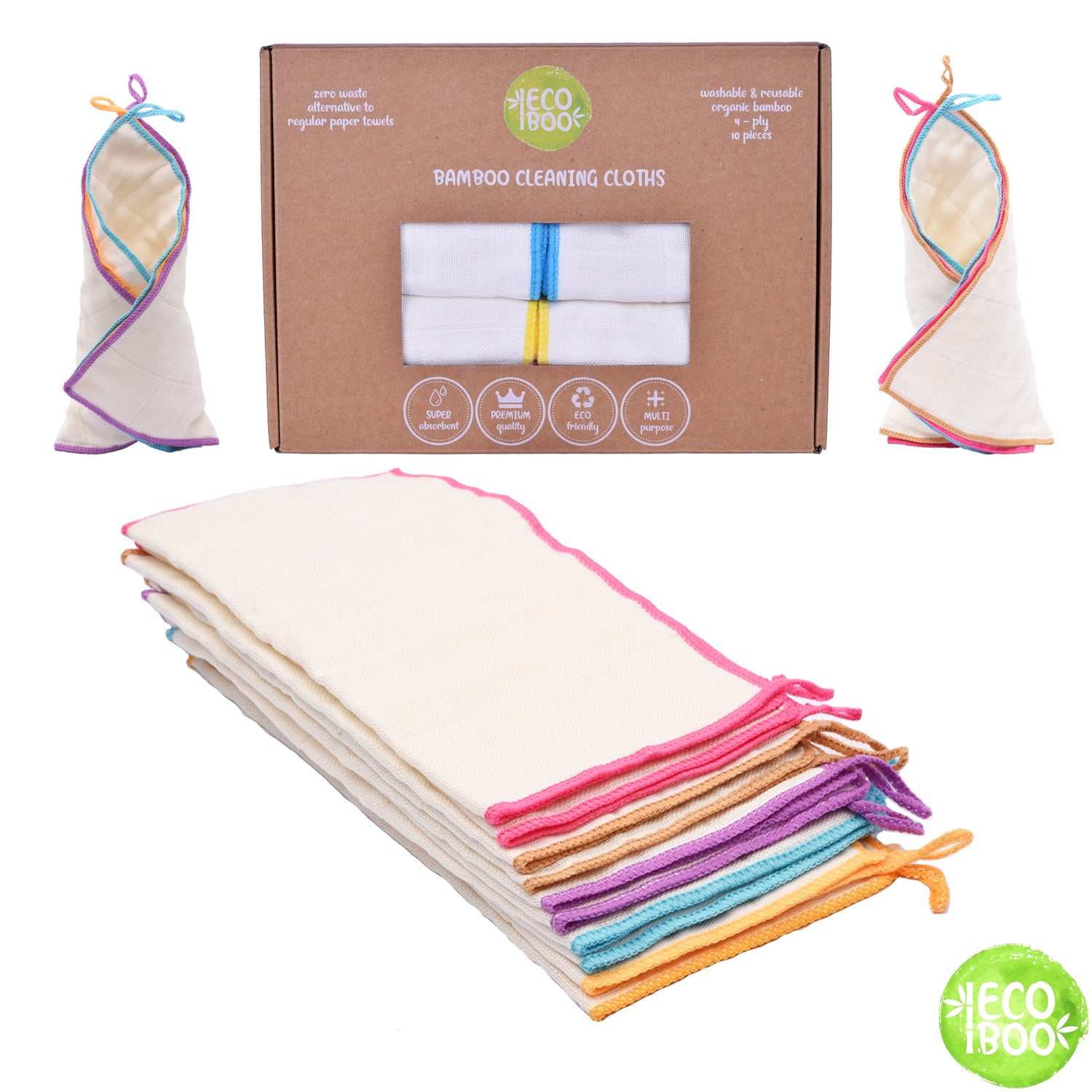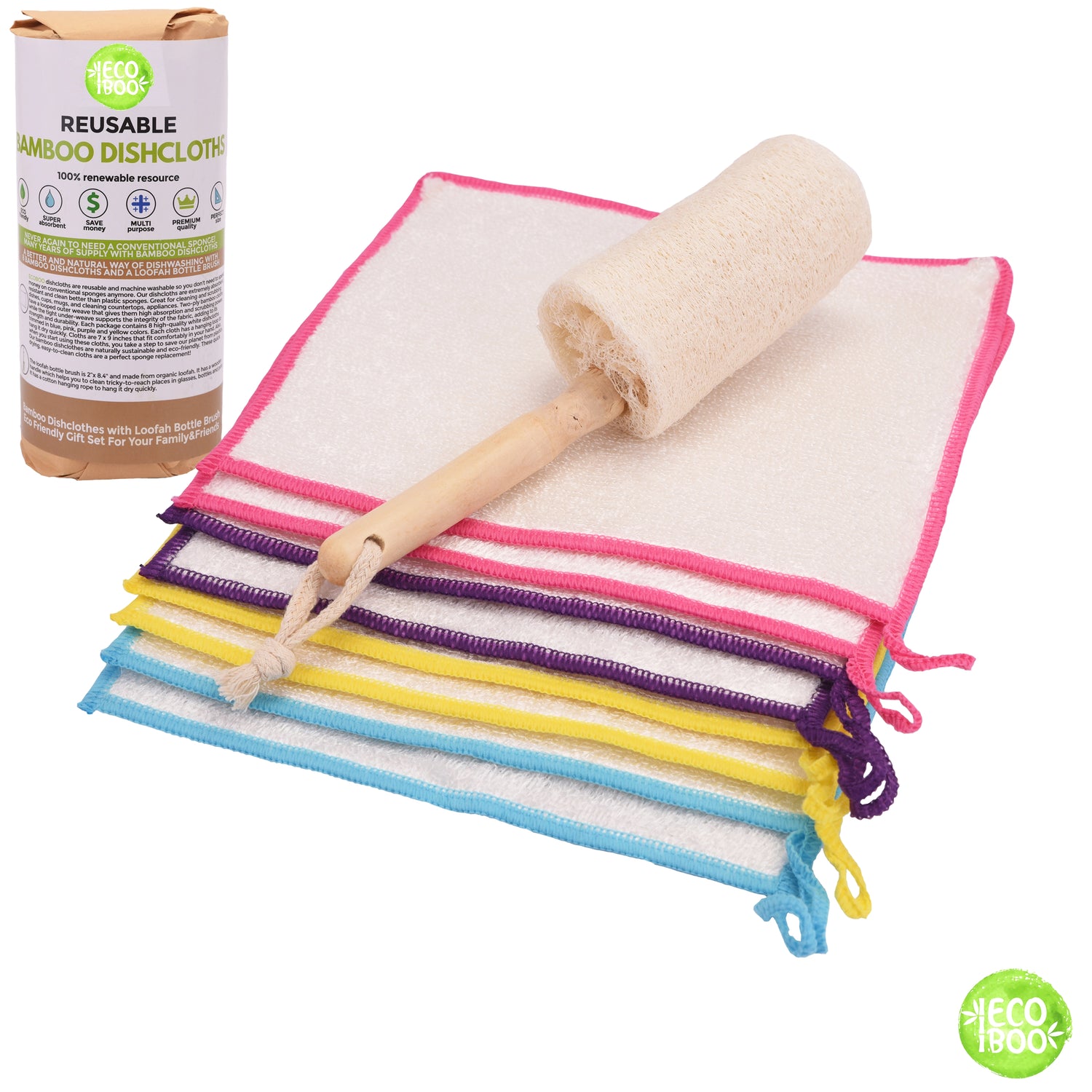Table of Contents
- What Exactly are Reusable Paper Towels?
- Why Choose Reusable Paper Towels?
- How to Use Reusable Paper Towels?
- The Environmental Impact of Reusable Paper Towels
- How to Care for Reusable Paper Towels
- Creating DIY Reusable Paper Towels
- The Pros and Cons of Reusable Paper Towels
- A Customer Success Story: Bridging Two Worlds with Reusable Paper Towels
- Making the Transition
- A Practical Guide: Utilizing Reusable Paper Towels to the Fullest
Sustainability is the watchword of the century, and part of leading a more eco-friendly lifestyle involves reducing waste in every aspect of our lives.
One of the best places to start is in your kitchen with reusable paper towels.
What Exactly are Reusable Paper Towels?
Often called 'unpaper towels', reusable paper towels are alternatives to regular paper towels.
They are also known as washable or cloth paper towels, reusable paper towels are a more sustainable alternative to the traditional disposable paper towel.
They are made from eco-friendly, absorbent materials that can be washed and reused multiple times.
Materials such as bamboo and organic cotton are commonly used because of their durability, absorbency, and eco-friendly nature.
These towels come in different sizes and colors, offering options that can match any kitchen aesthetic.
Why Choose Reusable Paper Towels?

There are many benefits to switching to reusable paper towels, including:
Less Waste
One of the most significant benefits of using reusable paper towels is the reduction in waste.
A single family can use and throw away hundreds of rolls of paper towels in a year, contributing to landfill waste and deforestation.
In contrast, a set of reusable paper towels can last for years if properly maintained.
Cost-Effective
Reusable paper towels are also a more cost-effective solution in the long run.
Although the upfront cost might be higher, a set of reusable paper towels can replace hundreds of rolls of disposable ones, saving money over time.
Superior Performance
Not only are reusable paper towels better for the environment and your wallet, but they also often perform better than their disposable counterparts.
They are generally more absorbent, especially when made from materials like bamboo or organic cotton.
How to Use Reusable Paper Towels?

Choosing Your Reusable Paper Towels
When choosing your reusable paper towels, consider the material.
Bamboo is a popular choice because it is highly absorbent and grows much faster than cotton, making it a more sustainable option.
Bamboo reusable paper towels can be used and washed hundreds of times before they need to be replaced.
If you prefer a softer material, organic bamboo reusable paper towels are a good choice.
They are also highly absorbent and can be used for a wide range of tasks.
Using Your Reusable Paper Towels
To use your reusable paper towels, simply treat them like a regular paper towel.
They can be used to wipe up spills, clean surfaces, or even as napkins.
Once dirty, they can be washed and dried before being reused.
When washing your reusable paper towels, it is best to do so in cold water to prevent shrinkage.
Most reusable paper towels can be dried in a tumble dryer, although air drying can help to prolong their lifespan.
Reducing Paper Towel Waste
In addition to using reusable paper towels, there are other ways to reduce paper towel waste.
For example, consider using reusable dishcloths for washing dishes, or making your own reusable cleaning wipes from old t-shirts or pajamas.
The Environmental Impact of Reusable Paper Towels

The environmental impact of switching to reusable paper towels is significant.
Regular paper towels contribute to deforestation and create considerable waste, as they are single-use and typically not recyclable due to their composition and contamination with food or cleaning products.
In contrast, reusable paper towels reduce waste since they can be used hundreds of times before disposal.
They are made from sustainable materials, like bamboo, which grows rapidly, and organic cotton, which requires less water and fewer pesticides to grow than traditional cotton.
Also, as reusable paper towels are washable, their lifecycle extends further than single-use paper towels, reducing the demand for new production and the resultant pollution.
How to Care for Reusable Paper Towels
Caring for your reusable paper towels is straightforward. After use, rinse them if necessary, then toss them in the washing machine with similar colors. It is recommended to use cold water to avoid shrinkage and preserve the fabric's absorbency. You can either air-dry them or put them in a dryer in a low-heat setting.
Taking good care of your reusable paper towels not only ensures they last longer but also maintains their effectiveness.
Creating DIY Reusable Paper Towels
Creating your own reusable paper towels, also known as 'unpaper towels', is an option for those who enjoy DIY projects.
You'll need absorbent fabric like bamboo or organic cotton, and a sewing machine or a serger to finish the edges.
Old flannel sheets, t-shirts, or even dish towels can also be repurposed into reusable paper towels.
When choosing fabrics for your unpaper towels, keep in mind their purpose.
You want them to be absorbent for spills and sturdy enough to withstand repeated washings.
The Pros and Cons of Reusable Paper Towels
Like anything else, reusable paper towels have their pros and cons.
On the positive side, they're more eco-friendly, cost-effective in the long term, and often more absorbent than their disposable counterparts.
However, on the downside, reusable paper towels require upfront investment and regular maintenance.
They must be washed and dried, which some might find inconvenient compared to the ease of throwing a disposable paper towel in the trash.
Having provided an overview of how to use reusable paper towels effectively, I'd like to share an inspiring story that shows the power of these products.
Our customer named Zoe offered a heartfelt review that beautifully illustrates the impact reusable paper towels can have on a household, both from an ecological and personal perspective.
A Customer Success Story: Bridging Two Worlds with Reusable Paper Towels

Zoe's story is a perfect embodiment of the reconciliation between sustainable living and practical needs.
She recalls, "When I first met my partner, I admit I was appalled at his napkin usage.
So much money was spent and waste was generated because he used napkins and paper towels for everything... I really couldn't stand it, so I had to find a way to accommodate his needs and satisfy my desire to live sustainably and reduce our carbon footprint. These reusable napkins fit the bill perfectly."
Beyond their contribution to sustainability, Zoe was impressed with the quality and versatility of these towels.
She was enthused about the transformation in the texture after the first wash, describing them as "SO SOFT to touch to your lips and super ABSORBENT."
These reusable paper towels became an integral part of her household routines, from cleaning up spills and wiping hands to serving as an impromptu hot pad.
Zoe even suggested their use as a bacon grease soaker, illustrating their potential to completely replace disposable paper towels.
But perhaps the most significant testament to the success of these reusable paper towels came from Zoe's partner, a previous staunch user of disposable paper towels.
She happily reported, "The true test was whether or not my paper-napkin-loving partner was going to enjoy them, and he does! Not in a placating way either, I truly believe he's happy with them, and he hasn't mentioned paper towels or napkins since. CHYES!!!"
Zoe's story, thus, illuminates the multiple benefits of reusable paper towels and demonstrates that changing habits for the sake of sustainability doesn't have to be a compromise.
It can be a win-win situation, satisfying both the need for convenience and a commitment to eco-friendly living.
Making the Transition
Switching to reusable paper towels is a positive step towards a more eco-friendly and sustainable lifestyle.
By understanding their benefits, how to care for them, and even how to make your own, you can make an informed decision about incorporating them into your home.
It's one of many changes that individuals can make to reduce waste and lessen their environmental impact.
A Practical Guide: Utilizing Reusable Paper Towels to the Fullest

Having discussed the various aspects of reusable paper towels, let's conclude by discussing some practical ways to maximize their usage and understand their role in a sustainable lifestyle.
The Optimal Usage of Reusable Paper Towels
While using reusable paper towels is quite straightforward, here are some tips to make the most of them.
First, ensure you have a sufficient number of towels to last between washes.
Depending on your household size and usage, this could range from a dozen to several dozen.
To remove stains, pre-treat reusable towels before washing them. Just as with clothing, removing stains from reusable towels is easier when tackled promptly.
For optimal absorbency, avoid fabric softener when washing your towels as it can reduce their effectiveness.
Instead, use white vinegar, which acts as a natural fabric softener and can also help eliminate odors.
Finally, consider how you'll store used towels before washing them.
An open-air basket works well, allowing them to dry and prevent unpleasant odors.
Reusable Paper Towels and Your Eco-Friendly Lifestyle
Switching to reusable paper towels is an excellent step in leading an eco-friendlier lifestyle.
However, this change shouldn't be an isolated act, but rather a part of a broader mindset shift toward sustainability.
Think about other areas of your life where you can make similar swaps.
Can you replace disposable cleaning cloths with reusable ones?
What about substituting single-use items in your bathroom, like cotton pads and toilet paper, with reusable alternatives?
Your kitchen is filled with opportunities for swaps, from silicone food covers replacing plastic wrap, to beeswax wraps substituting sandwich bags.
Reducing Paper Towel Waste: Every Small Action Counts
By opting for reusable paper towels, you significantly cut down on paper waste, but you can go even further.
Recycle any unavoidable paper waste, and try to minimize its creation.
For instance, use regular plates instead of paper ones and cloth napkins instead of paper ones.
Educate others about the benefits of reusable paper towels and encourage them to make the switch.
Share your experiences, tips, and tricks on social media or in person.
Your actions could inspire others to make similar changes.
The Future of Sustainability: Beyond Reusable Paper Towels
While reusable paper towels are an impactful switch, let's take a moment to look at the bigger picture.
As climate change and environmental degradation become increasingly pressing issues, it's crucial that we consider sustainability in all aspects of our lives.
This includes energy consumption, transportation choices, food sourcing, and more.
Consider how you might incorporate renewable energy sources into your home, opt for public transportation or carpooling, or buy locally sourced and organic foods.
These are all parts of an eco-conscious lifestyle.
Making an Informed Choice
Reusable paper towels are undoubtedly a greener alternative to their disposable counterparts.
With their durability, reusability, and absorbency, they offer a practical solution for everyday clean-ups while reducing waste and saving money.
However, it's essential to remember that every household is unique, and what works for one might not work for another.
Understand your household's needs, constraints, and preferences before making the switch.
If reusable paper towels seem like a good fit, start slowly, replacing one roll of disposable paper towels at a time.
In conclusion, switching to reusable paper towels is a small change with a big impact.
Whether you choose bamboo paper towels, organic cotton towels, or any other type of reusable paper towel, you'll be contributing to a more sustainable future.
By reducing waste, saving trees, and minimizing pollution, you'll not only create a healthier environment for yourself but for generations to come.
